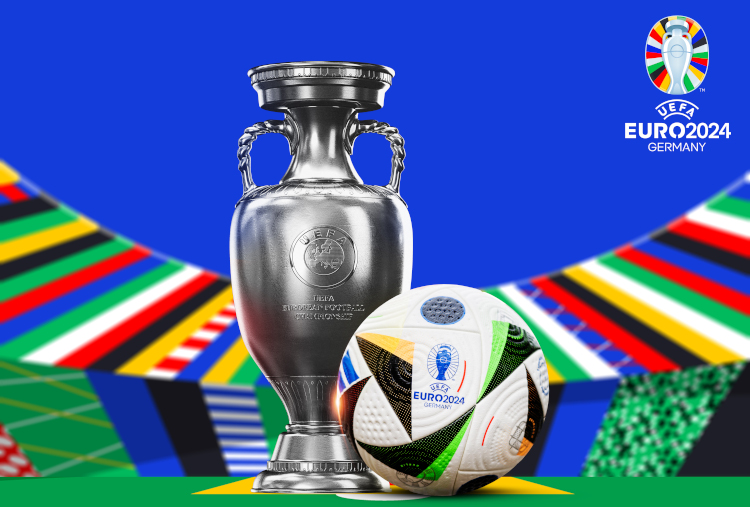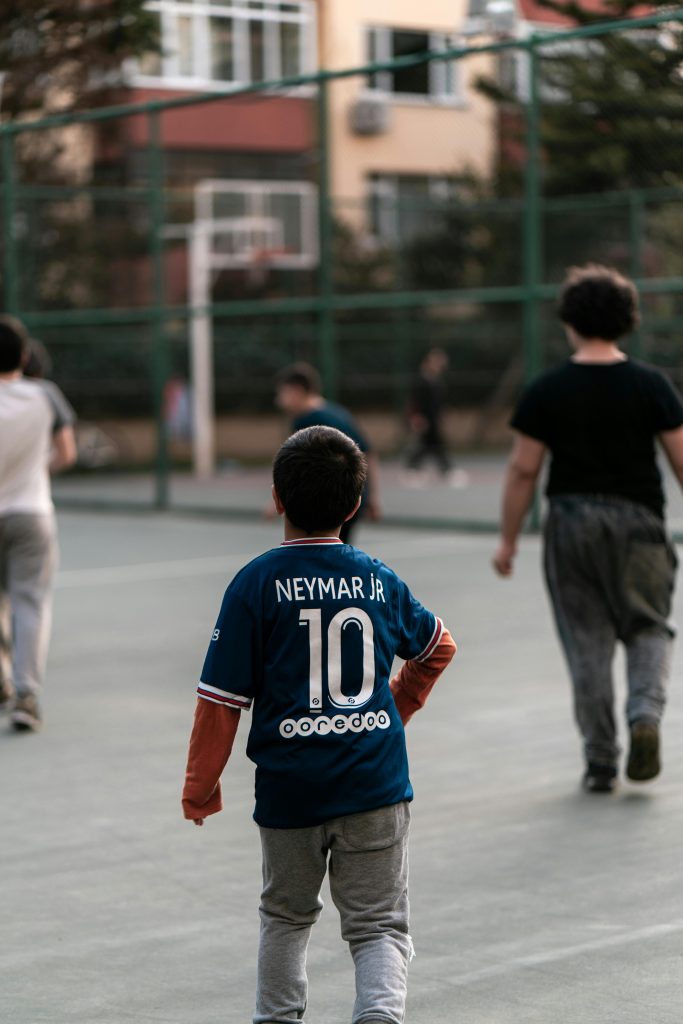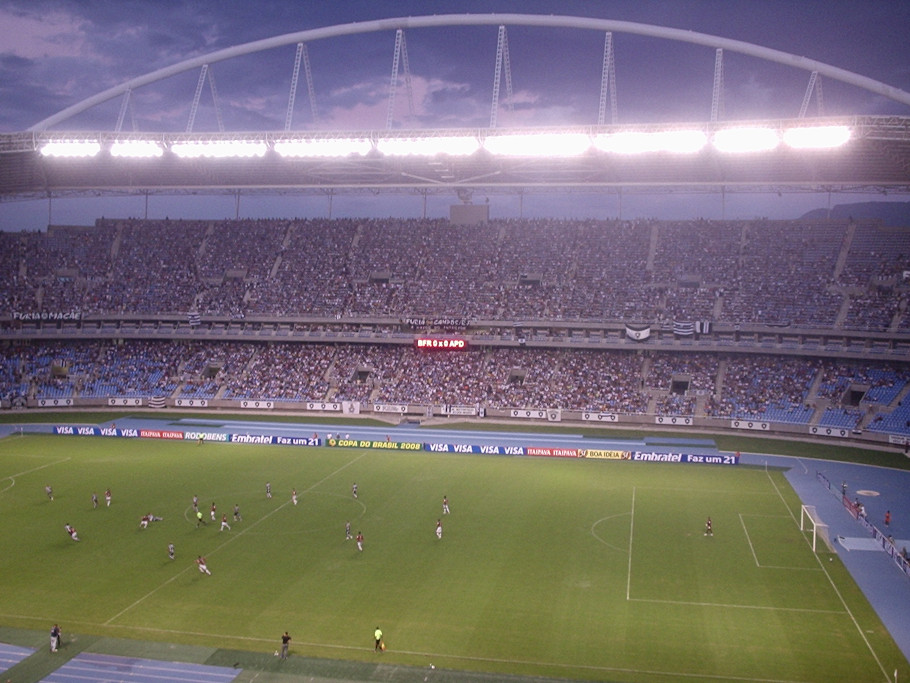The Netherlands, known for their distinctive “Total Football” philosophy and a legacy of talented players, have had a notable journey in the UEFA European Championship (Euros). Their performances have been marked by memorable victories, heartbreaking defeats, and standout contributions to European football. Here is a look at the key moments in the history of the Netherlands in the Euros.
**1. *Early Years and Challenges (1960-1980)*
The Netherlands did not participate in the early editions of the UEFA European Championship, which started in 1960. Their first attempt at qualification was for the 1968 tournament, but they did not succeed in qualifying. The team continued to struggle in the early years, failing to make significant progress in the qualification stages throughout the 1960s and 1970s.
Key Moments:
- 1968: First attempt at qualification, unsuccessful.
- 1972 & 1976: Continued to fail in the qualification rounds.
2. *Breakthrough and Victory (1980-1992)*
The turning point for Dutch football came in the 1980s. With the rise of a golden generation of players, including Ruud Gullit, Marco van Basten, and Frank Rijkaard, the Netherlands emerged as a formidable force in European football.
1988 European Championship: The Netherlands’ most significant triumph came in 1988. Under the management of Rinus Michels and led by captain Ruud Gullit, the team won their first major international trophy. They defeated the Soviet Union 2-0 in the final, with goals from Gullit and a stunning volley from Van Basten. This victory remains a defining moment in Dutch football history.
Key Moments:
- 1980: Qualified for the first time, reached the group stage.
- 1988: Won the European Championship.
3. *Consistent Performers (1992-2004)*
Following their 1988 victory, the Netherlands established themselves as consistent performers in the Euros. They regularly reached the latter stages of the tournament, although they often fell short of capturing the title again.
1992 European Championship: The Netherlands reached the semi-finals, losing to Denmark in a penalty shootout, despite having a strong squad.
2000 European Championship: Co-hosting the tournament with Belgium, the Netherlands had a strong campaign but were defeated by Italy in the semi-finals after a penalty shootout.
Key Moments:
- 1992: Reached semi-finals.
- 2000: Reached semi-finals as co-hosts.
4. *Struggles and Comebacks (2004-2012)*
In the 2000s and early 2010s, the Netherlands has experienced a mix of disappointments and commendable performances. While they remained competitive, they struggled to reach the heights of their 1988 victory.
2004 European Championship: The Netherlands reached the semi-finals but were defeated by Portugal.
2008 European Championship: Despite a promising start, including a notable victory over Italy, they were eliminated by Russia in the quarter-finals.
2012 European Championship: The Netherlands faced a major setback, exiting in the group stage without winning a single match.
Key Moments:
- 2004: Reached semi-finals.
- 2008: Eliminated in the quarter-finals.
- 2012: Group stage exit.
**5. *Recent Performances and Rebuilding (2016-2020)*
The Netherlands missed the 2016 European Championship entirely, failing to qualify for the first time since 1984. This period marked a low point, prompting a rebuild of the national team under new management and with emerging young talent.
2020 European Championship: Held in 2021 due to the COVID-19 pandemic, the Netherlands returned to the tournament with a new generation of players. They reached the round of 16, showing promise for future competitions but were eliminated by the Czech Republic.
Key Moments:
- 2016: Failed to qualify.
- 2020: Reached the round of 16.
**6. *Future Prospects*
Looking forward, the Netherlands aim to build on their historical legacy with a blend of experienced players and promising young talent. With a renewed focus on developing a cohesive and competitive squad, they seek to regain their status as European champions in upcoming tournaments.
Conclusion
The history of the Netherlands in the Euros reflects a journey of early struggles, a golden era of triumph, and periods of rebuilding and renewal. Their 1988 victory stands out as a pinnacle, and they have consistently demonstrated their ability to compete at the highest levels of European football. As they continue to develop their team and strategy, the Netherlands remain a respected and formidable presence in the Euros.
- Neymar’s Return to Santos FC - January 29, 2025
- Manchester United and Manchester City: Challenges in the 2024-2025 Premier League Season - January 5, 2025
- Manchester City: The Downfall of a Modern Football Powerhouse - December 16, 2024



